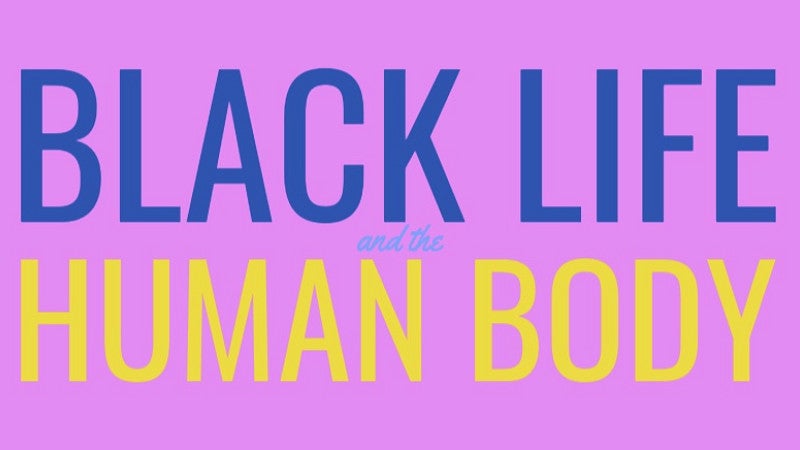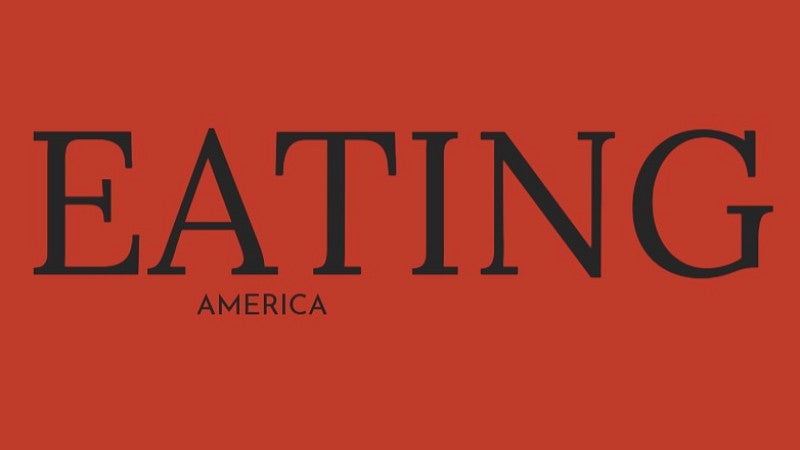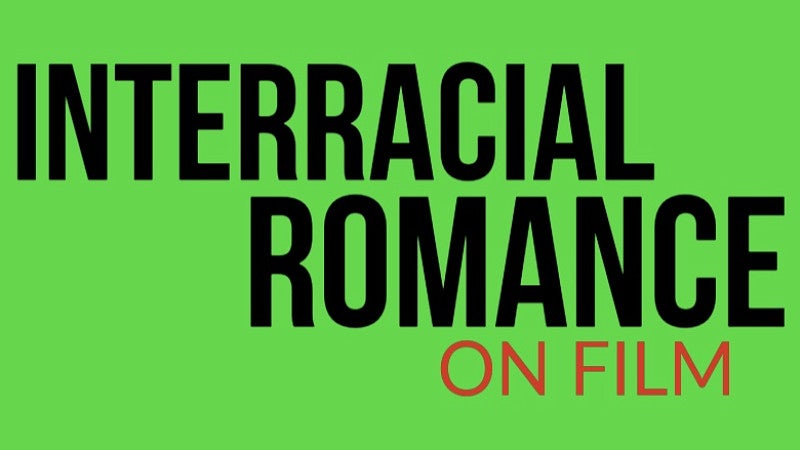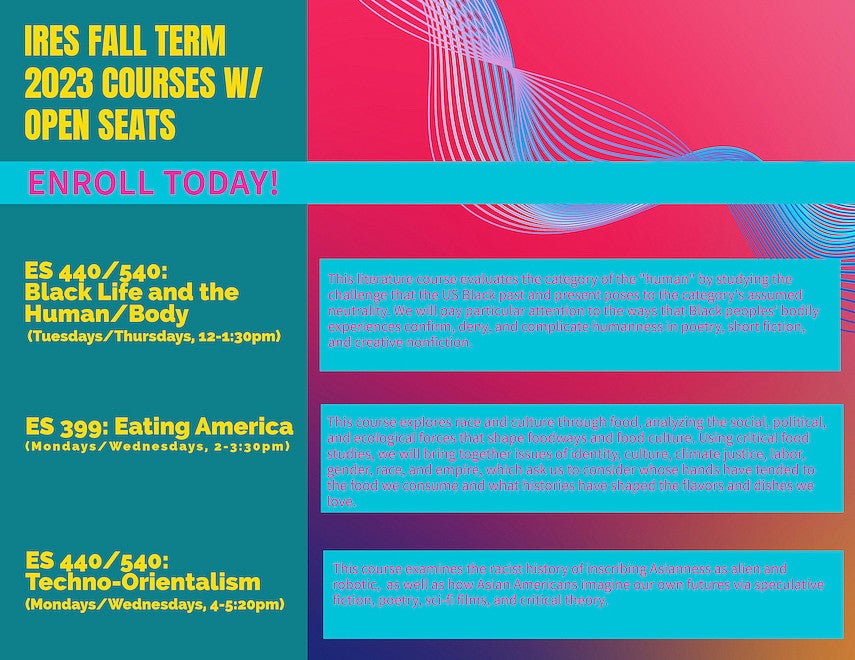Courses offered through the Department of Indigenous, Race, and Ethnic Studies examine the construction and context of indigeneity, race, and ethnicity in the United States, highlighting the histories, experiences, and movements of people of color and Indigenous peoples in the Americas.
The University of Oregon course catalog offers degree plans and a complete list of courses in the Department of Indigenous, Race, and Ethnic Studies.
Featured Courses

ES 440/540 Black Life and the Human Body
Instructor: Cera Smith
African American activists have demanded equal rights by asserting the humanity of Black people. These activists have rejected their racist treatment as animals and property by championing the qualities ascribed to Western Man. More recently, however, scholars have questioned whether claims to humanity really result in freedom and justice for all Black people. They ask, “Does mobilizing humanity as a strategy for recognition and respect benefit Black non-men, disabled people, or the working class? What impact does this assertion of humanity have on our species’ relationship to other living beings and our environments? Ultimately, are all people allowed to be ‘human?’” In this literature course, we will evaluate the category of the “human” by studying the challenge that the US Black past and present pose to the category’s assumed neutrality. We will pay particular attention to the ways that Black peoples’ bodily experiences confirm, deny, and complicate humanness in poetry, short fiction, and creative nonfiction.

ES 399 Eating America
Instructor: Abigail Lee
This course explores race and the United States through food, from the places where our food is grown, packaged, and prepared, to the tables and setting in which it is enjoyed. We will embark on an interdisciplinary exploration of race and culture through food, analyzing the social, political, and ecological forces that shape foodways. Using critical food studies, we will bring together issues of identity, culture, climate justice, labor, gender, race, and empire, which ask us to consider whose hands have tended to the food we consume and what histories have shaped the flavors and dishes we love. Together we will grow our critical curiosity, think critically about the foods we depend on but often take for granted, and create dynamic presentations that showcase our skills in leadership, research, and communication.

ES 370 Interracial Romance on Film
Instructor: Brian Klopotek
In this class, we examine films, tv, and other media that depict interracial relationships of various kinds. Romantic and sexual relationships have been a key site for enactment of various racial projects and imaginings, and media both reflects and shapes how we think about interracial romance. Analyzing media discourse can help us see the ways racial categories are generated, populated, and regulated in relation to social standards, film industry practices, and legal measures around interracial relationships. We will sort through a range of tropes, shifting reception among different audiences through time, intricacies of gender and sexuality, fetishization and hypersexualization, encounters in times of war, racial ambiguity, racial utopianism, intraracial romance, and the politics of film production.


